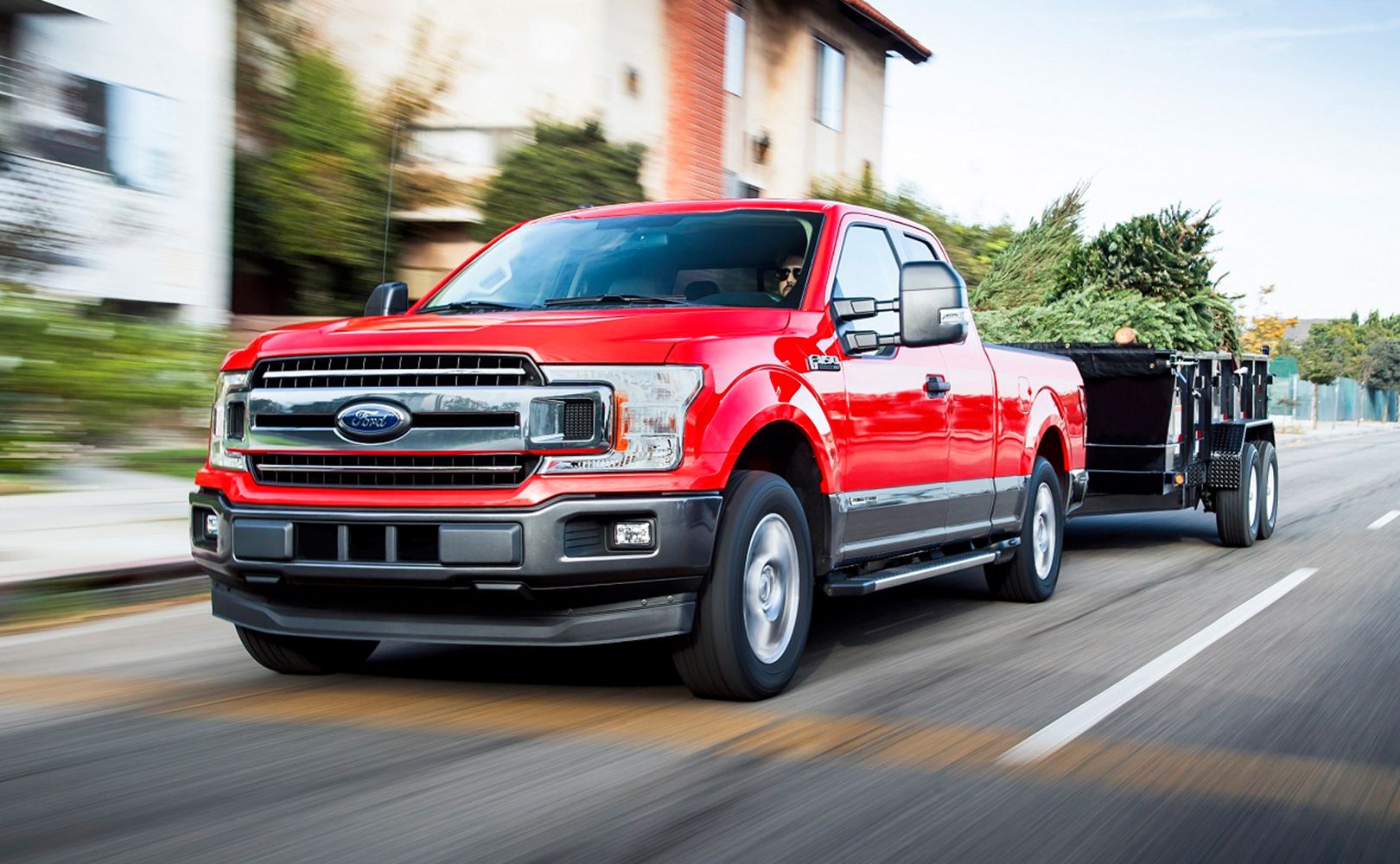At a Glance

3 primary markets: the United States, Canada and Mexico

100,000 employees

31 manufacturing facilities
“We are proud to be a global company with our home in North America. Our markets continue to deliver strong sales and also help us lead the way in developing new mobility solutions for the future. We remain committed to doing our share to create a sustainable future and contribute positively to the communities where we live and work.”
How We’re Driving Change
New Advanced Diesel Engines
Diesel engines continue to be a popular option in many markets, due to their excellent drivability, CO2 emissions and fuel consumption characteristics, and our research and development activities continue to provide even cleaner and more efficient solutions. In North America, for example, we’re offering two new advanced diesel engines: the 1.5-liter EcoBlue® engine in our 2019 Transit Connect – the only diesel in its segment – and the 3.0-liter Power Stroke – the first diesel engine for an F-150. Both demonstrate the fuel efficiency and power performance that progressive diesel engines can provide.
Manufacturing Fitness in Action
At our Kentucky Truck Plant in Louisville, we’ve invested $25 million to increase manufacturing line speed. This additional investment, combined with advanced manufacturing upgrades, helps the company improve its operational fitness. Upgrades include 400 new robots, enhanced data analytics to help the plant operate more efficiently and a new 3D printer that enables workers to make parts and tools more quickly and cheaply.
Advanced Energy Infrastructure for Dearborn Campus
By 2020, our new Research and Engineering Center on our Dearborn campus will become our latest LEED-certified building. Its advanced sustainability systems will include a combined heat and power plant, advanced chiller technology, a thermal energy storage tank, and geothermal heating and cooling. In addition, a solar array could supply up to 4MW of electricity: enough to power more than 1,000 homes.




